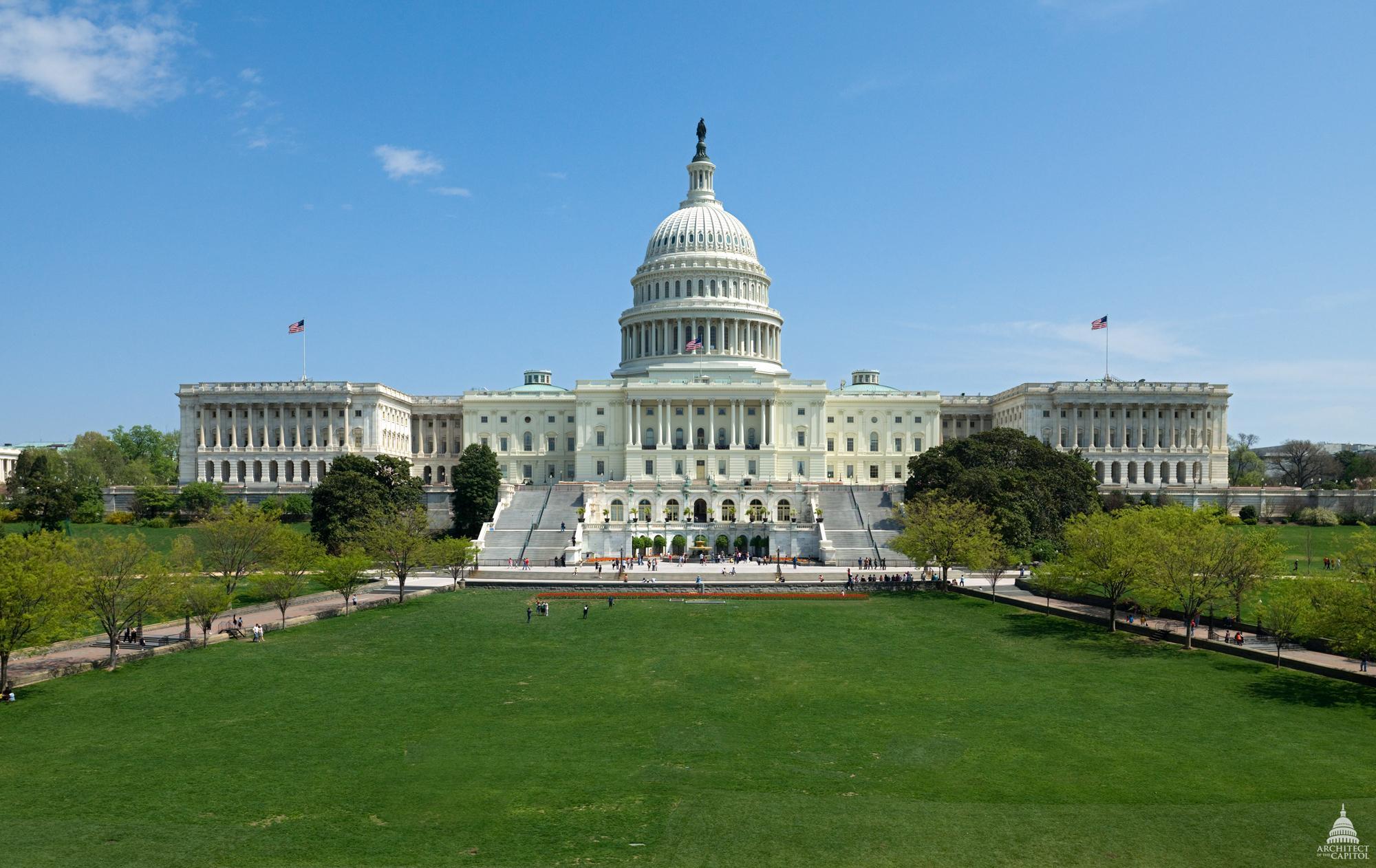
Recent Defense Department guidance aimed at helping federal contractors operate during the COVID-19 pandemic does not provide enough clarity for suppliers in the defense industrial base, lawmakers write in an April 1 letter to Defense Secretary Mark Esper and acquisition chief Ellen Lord.
On March 20, Lord issued a memo designating the defense industrial base as “essential critical infrastructure.” According to lawmakers led by Rep. Mike Turner (R-Ohio), a member of the House Armed Services Committee, 13 small businesses in Ohio that do work for the Air Force Research Lab near Dayton are still raising concerns because local leaders and contracting officers differ over what tasks and personnel are “mission essential” and the rules for which contractors may work remotely during the pandemic.
A recent trend at the Pentagon has been to push decision-making authority to the lowest possible level. But during the coronavirus crisis, that practice has led to uncertain, conflicting guidance, Turner and seven other members of Congress believe.
As such, the lawmakers recommend the Pentagon allow contractors to work remotely as much as possible, allow mission-essential personnel to work on site when required, provide contractors with flexibility to meet their contractual demands and keep the workforce intact to prevent reductions in employment.
If contractors cannot work on site or remotely, the lawmakers ask Esper and Lord to direct contracting officers to tap into authorities such as those provided by the $2.2 trillion stimulus package recently signed into law. One section of that act allows agencies to modify contracts to reimburse leave costs for employees, though offset by other credits the contractor is receiving under these relief acts, according to an analysis of the bill by the Crowell & Moring law firm.





